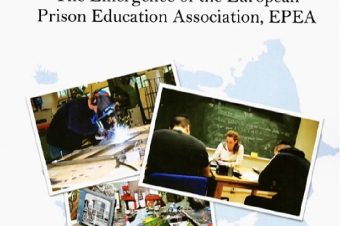 Education Behind Bars: International Comparisons
Education Behind Bars: International Comparisons
Prisons are, by definition, closed, and the sense of confinement can affect staff as much as inmates. Not only is the work of educators in prisons at risk of being at best ignored, at worst disparaged, by the public at large; but also its closed institutional nature has often resulted in the separation from the mainstream of adult education.
In reality many of the initiatives highlighted in recent years ? the development of basic skills, the urgency of vocational education and its linkage to an element of social education, special programmes for the educationally disadvantaged, for example ? have been the bread-and-butter of prison educators for many years. This sector has a wealth of expertise to offer a definitive statement; to catch a variety of interested eyes rather than allow strict comparisons to be made.
Most of the chapters are concerned with a hardening of public attitudes towards the treatment of prisoners. The rehabilitative services in prisons would seem to have taken more than their fair share of the international pulling back from the expenditure of public money, and it is difficult to imagine private purses being opened for this purpose: there is not a great deal of publicity or glamour to be found within prisons.
What emerges from this book is a sense of the writers? enthusiasm, whether it comes from their sense of social duty, a personal sense of outrage, a professional sense that students should be looked after, or a liberal instinct for human rights.
Readership: policy-makers and providers of prison and adult education.
- Prof. William Forster OBE (ed.)
- ISBN 1 86201 020 X
- 1998





